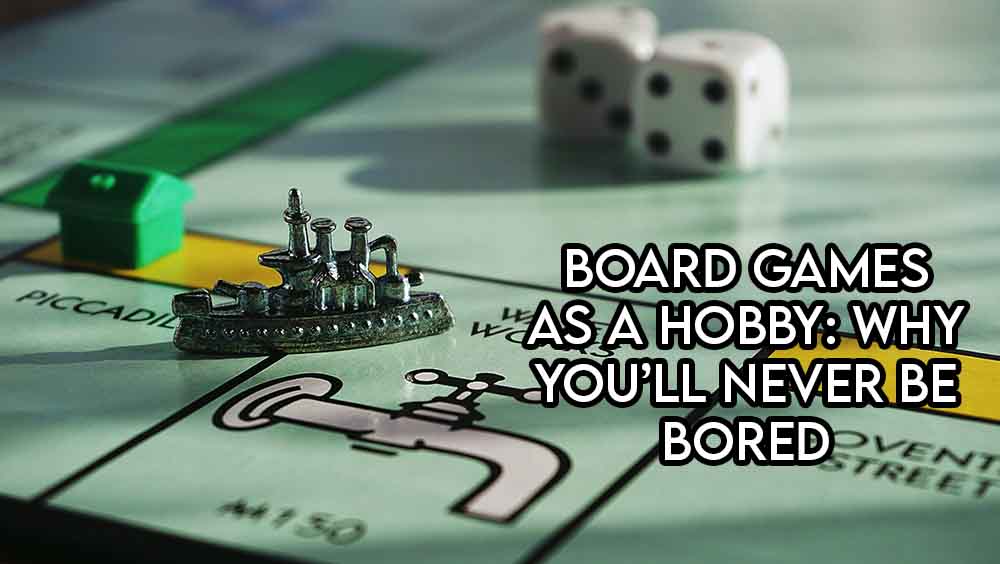An Overview of Board Games As a Hobby
Board games have been a popular form of entertainment for centuries, providing endless hours of fun and enjoyment for people of all ages. From traditional games like chess and checkers to more modern offerings like Settlers of Catan and Pandemic, there is a board game out there for everyone.
Not only are board games a great way to spend time with friends and family, but they also offer numerous benefits to those who play them regularly. For starters, board games can improve cognitive function by challenging players to think strategically and make decisions. This can help to keep the mind sharp and improve memory and problem-solving skills.
In addition to their cognitive benefits, board games also provide a great opportunity for social interaction. In today’s world, where many of us are constantly connected to technology, it can be easy to lose touch with the people around us. Board games provide a way for people to disconnect from their screens and engage with one another in a fun and meaningful way.
One of the great things about board games is that they can be enjoyed by people of all ages and abilities. Whether you’re a seasoned gamer or just starting out, there are board games to suit every skill level. Plus, with the wide range of options available, it’s easy to find a game that everyone can enjoy.
Another appealing aspect of board games is their versatility. They can be played at home, at a friend’s house, or even at a local coffee shop or restaurant. And with the rise of online gaming platforms, it’s now possible to play board games with friends and family members who live far away.
Overall, board games are a fun and rewarding hobby that can provide countless hours of enjoyment. Not only do they provide entertainment, but they also offer numerous cognitive and social benefits. So why not gather your friends and family, break out a board game, and have some fun? You won’t be disappointed.
5 Reasons Why Board Games Are a Fun Hobby
Board games have been a popular form of entertainment for centuries, and for good reason. They provide a fun and engaging way to spend time with friends and family, and can even help improve cognitive skills and strategic thinking. Here are five reasons why board games can be fun:
- They offer a social experience. Board games are a great way to connect with others and spend time together. Whether you’re playing with friends, family, or even strangers, board games provide a fun and interactive way to socialize.
- They provide a mental challenge. Many board games require players to think strategically and use their problem-solving skills. This can help improve cognitive abilities and keep the mind sharp.
- They offer a sense of accomplishment. Board games often have a clear goal or objective, and achieving this goal can provide a sense of accomplishment and satisfaction.
- They can be adapted to different skill levels. Board games come in a wide variety of difficulty levels, so they can be enjoyed by players of all ages and skill levels.
- They are a break from technology. In today’s digital world, it can be refreshing to unplug and engage in a more analog form of entertainment. Board games provide a welcome break from screens and can help reduce stress and improve focus.
In short, board games are a fun and engaging way to spend time with others and challenge the mind. Whether you’re looking for a social activity, a mental workout, or a break from technology, there’s a board game out there for you.
5 Fun Facts About Board Games
- Board games have been around for thousands of years, with some of the oldest known examples dating back to ancient Egypt and Mesopotamia.
- The most popular board game in the world is chess, which originated in India around the 6th century AD.
- Monopoly is the best-selling board game of all time, with over 275 million copies sold worldwide.
- The board game Scrabble was invented by an unemployed architect named Alfred Mosher Butts during the Great Depression.
- The first modern board game was invented in the early 19th century and was called The Mansion of Happiness. It was a moral lesson game that taught players about virtues and vices.





